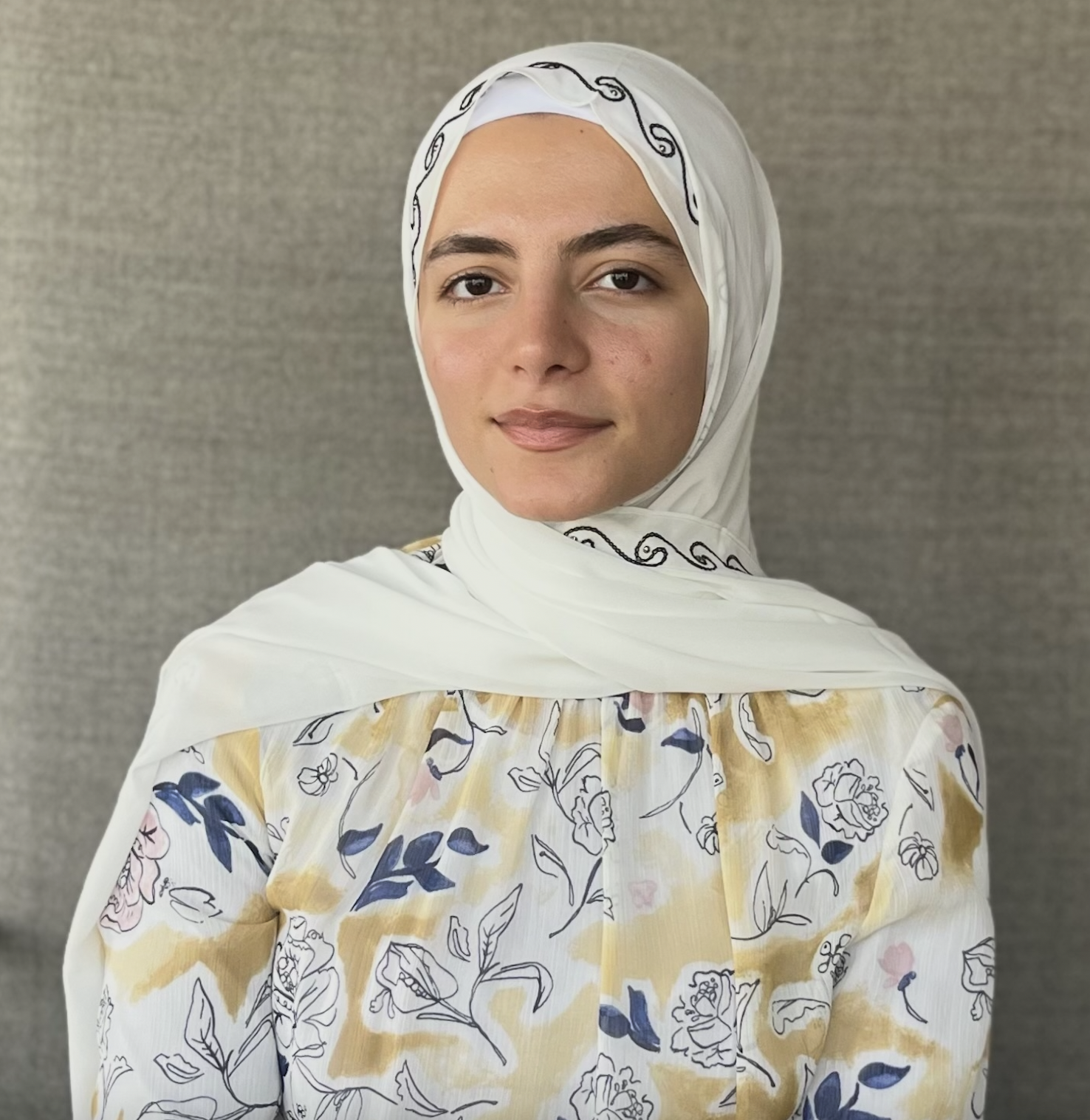
What is your name?
Dana Aljarrah
Where are you from?
Jordan
To which class you belong to?
MSc Translational Neuroscience, Class of 2024
Where and what did you study before joining Imperial College London?
I completed my BSc in Medical Neuroscience at the University of Sussex
How did you find your Master experience at the College?
I found my master’s to be a huge learning experience; the MSc Translational Neuroscience course was detailed and well-organised. This course involved many learning and assessment approaches covering different aspects of neuroscience, from neural differentiation to neural networks. Overall, this course offered a comprehensive understanding of molecular and computational neuroscience, thus deepening my knowledge of the brain, its development, and its function and dysfunction. During my undergraduate degree, I learned about studies conducted at Imperial College London. When I started my master’s, I was lectured by world-leading researchers I have looked up to and it was surreal! I undertook the computational stream, something I had little experience in before this course: I found it to be incredibly rewarding
Which research project did you work on?
My laboratory-based research project was supervised by Dr Nathan Skene and aimed to develop an epigenomic technique for the profiling of single cells in post-mortem human brains. Alzheimer’s disease (AD) was previously viewed as a disease of the neuron; however, recent studies highlighted the role of the microglia, the brain’s immune cell, in inherited and non-inherited AD. Despite identifying genetic risk variants for AD, specific microglial subtypes remain elusive. We employed a cutting-edge microfluidics technique to isolate single cells from post-mortem human brain-sorted nuclei cultures. We then successfully integrated this technique with our lab’s protocol for single-cell epigenomic mapping. When this approach is applied to sorted microglia, it aims to provide us with an understanding of how AD-related genetic variants affect immune cell function, and how they contribute to disease onset and progression. By identifying the distinct epigenomic profiles of subpopulations of microglia, researchers can develop more targeted therapeutic strategies for AD. I enjoyed this project and found it to be deeply insightful. I was responsible for designing and executing experimental protocols, analysing my data and presenting my outcomes during weekly lab meetings. This improved my scientific writing and communication skills
Where are you now?
London, UK
What are you working on?
I am a research assistant at the Neurogenomics Lab at the UK Dementia Research Institute with Dr Nathan Skene and I am also seeking PhD opportunities. My current focus is on further optimising the technique we developed during my master’s project and contributing to the lab’s objectives in discerning the specific cell types involved in Alzheimer’s disease
What is the most important lesson you learnt as a Master student?
The importance of taking the initiative. This course is only one year long but because I took the initiative, I could work on three projects throughout the year. I wanted to explore different areas of neuroscience I had not yet explored during my undergraduate degree: psychiatry, computation and neurogenetics. During the first project, I analysed data from patients with eating disorders. In the second project, I processed data from human clinical trials to build a machine-learning model for clinicians and scientists. While tutoring the new students undertaking the Translational Neuroscience MSc (2025) course, I was happy and proud to see them take the initiative and channel their excitement about the course
How did the Master programme help you get to where you are now?
This experience shaped me into a well-rounded scientist with a diverse skillset, from grant writing to data analysis and machine learning. I look forward to applying those skills in the future. This programme also provided many networking opportunities, leaving me with lifelong connections with peers and world-leading researchers